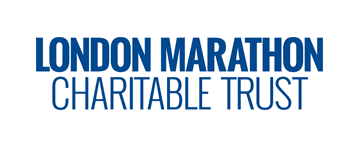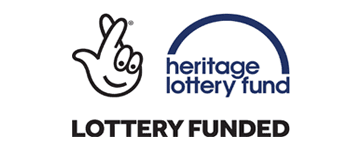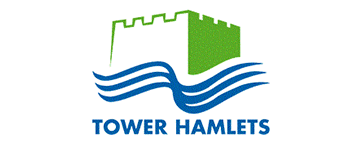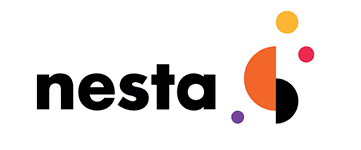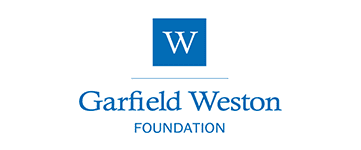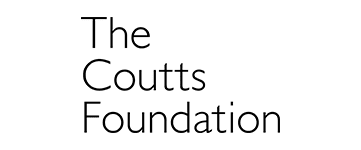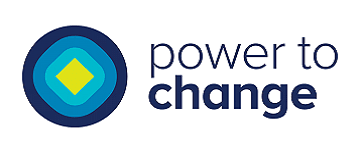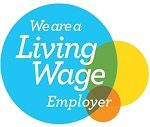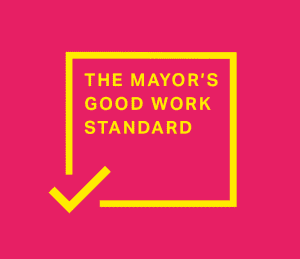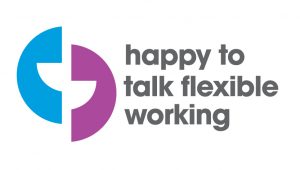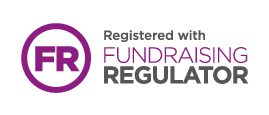Nasrat’s reflections on Participatory Action Research into the transition to net zero for low-income consumers
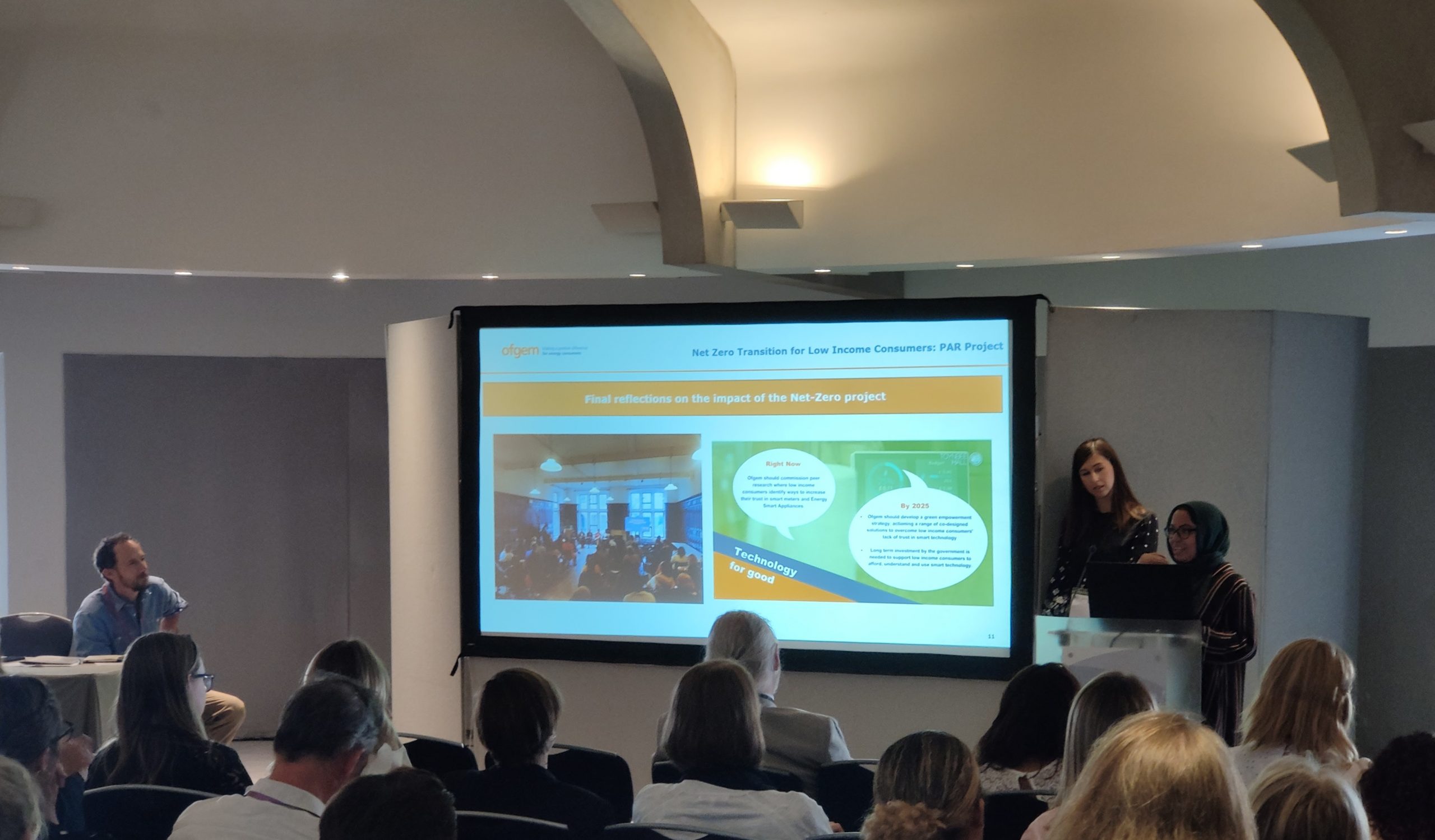
This speech was delivered as part of Ofgem’s presentation to the Social Research Association annual conference on 15.06.23.
My name is Nasrat, I am a peer researcher at Toynbee Hall, who specialise in Participatory Action Research. I was part of a group of 13 peer researchers with experience of the energy poverty premium.
We explored as a group of consumers the key issues we face in accessing energy and how the move to net zero could affect us. We also met with Ofgem’s consumer vulnerability staff to discuss the transition to net zero. We then designed solutions-focused research questions, with Ofgem and Fair By Design provided feedback.
Me and other peer researchers conducted workshops with 38 research participants to gather insight and then co-design proposals. We finalized findings and proposals and presented to Ofgem’s team, then took part in a variety of opportunities to share findings and proposals with stakeholders in the energy sector.
Toynbee Hall’s research and policy team supported us throughout the process. You can read the findings from this report here.
We found there is low trust and privacy concerns around smart technology. There is worry that low income households won’t be able to benefit from smart appliances. People think there needs to be much better communication and support about smart meters and smart technologies.
I facilitated some of the workshops and some of the typical things people said was when I use a smart appliance was
“Where is the data going. What are they going to use it for”.
and
“If my usage spikes for a few week or dips my energy provider will know I have guests which is quite personal.”
When I first heard ‘Ofgem’, I was like wow, because I always heard about Ofgem in the news.
I was excited to know more about what they do. We had high expectations – We had the idea that Ofgem can do anything. But we learned more about who is responsible for what in the energy sector.
Sometimes we pushed back on what they said they can’t do. Why can’t they bring down energy prices! It led to a really good discussion.
As a group, our awareness was very low about what the net zero transition even was.
For peer researchers and participants we learned a lot about the transition and a lot about smart appliances in particular. It was really unclear to me where I fit in…I thought it was just for house owners.
Our inclusive approach is a real strength. Peer researchers could facilitate really accessible workshops, including with digitally excluded people. This ensures we engage with people who may not usually be part of traditional research.
My reflection is that with traditional research – ultimately it feels like academics get to create knowledge and then are listened to. People can often be left out of creating knowledge that is directly about their experiences.
With PAR we are working with very diverse groups, so lots of different experiences, and this creates research that can better represents everyone’s viewpoints. By involving people with power in the process like Ofgem, we can create even better research and impact.
We are looking forward to working with Ofgem as they work through the proposals with their policy team.
We are still working together!
At the end of the research, findings were shared by peer researchers at an online meeting with a broad group of Ofgem staff members, so we knew they had directly heard findings and proposals.
The head of Ofgem’s vulnerability team directly engaged and gave feedback on proposals before they were finalised.
Ofgem have joined us at events and sat on panels with us, and that commitment has been really great.
We do feel that the actions put forward by Ofgem in briefings this year reflect many of the proposals and priorities raised in the research, though the proposals don’t match exactly what we called for.
It feels like the findings were immediately listened to and that felt really good.
Toynbee Hall was commissioned by Fair By Design to run a project where 13 peer researchers and 38 people with lived experience of the energy poverty premium and worked in partnership to explore what a fair transition to net zero for low income consumers could look like. You can read their latest paper on using inclusive design to create a fair transition to net zero here.




